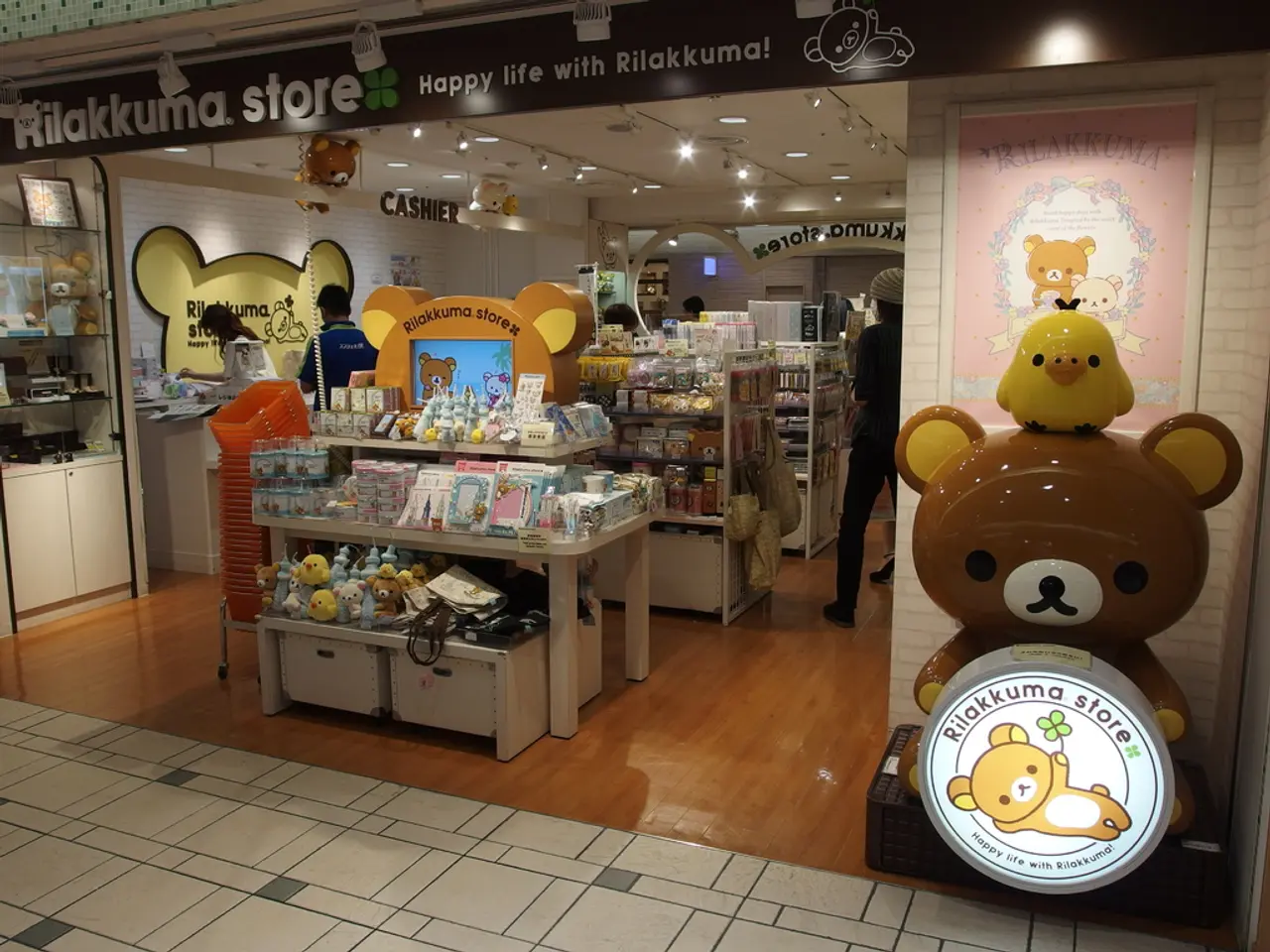Uzbekistan's bustling markets serve a purpose beyond trade: Explore their multifaceted roles.
Exploring Uzbekistan's Vibrant Bazaars: A Cultural Journey
Uzbekistan's bazaars are not just bustling centers of commerce, but living spaces that breathe life into the country's rich cultural heritage. Each bazaar, unique in its own way, offers a glimpse into the local traditions and crafts that have been passed down through generations.
- Chorsu Bazaar (Tashkent): Known for its iconic turquoise-domed architecture, Chorsu is one of Central Asia’s most famous markets. It offers a wide range of goods, from fresh produce and spices to meats and sweets, and serves as a hub where stories and traditions are exchanged daily.
- Alay and Mirabadskiy Bazaars (Tashkent): These are quieter markets popular with locals. Mirabad Bazaar especially focuses on local food products, showcasing everyday Uzbek culinary culture.
- Siab Bazaar (Samarkand): Located near the historic Registan Square, Siab Bazaar is a bustling marketplace where visitors can experience traditional Uzbek food and goods, blending commerce with the city’s rich heritage.
- Urgut Market (rural outskirts of Samarkand): Famous for its artisanal crafts, particularly world-renowned suzani—hand-embroidered textiles featuring symbols of fertility, protection, and heritage. The suzani here are not just decorations but living cultural artifacts passed down through generations.
Now, let's journey to Bukhara. Bukhara's bazaars are located in the city itself, unlike Siab Bazaar in Samarkand. These bazaars are markets for jewellers and traditional headwear, with Toki Zargaron (the Dome of Jewelers) being historically known as the center for trading gold, gems, and silver. Toki Telpaq-Forusson (Dome of the Heart Cellars) is notable for its extraordinary geometric architecture and a natural air conditioning system.
Bukhara's bazaars continue to maintain traditional trades, offering goods like jewellery and traditional headwear. Despite not having the same level of bustling activity as Chorsu Bazaar in Tashkent, they are an integral part of Bukhara's cultural heritage.
In conclusion, Uzbekistan’s bazaars are more than markets; they are living spaces where community, tradition, and cultural identity are actively experienced and preserved. Whether in the heart of a city or in the rural outskirts, each bazaar offers a unique cultural experience that is a testament to Uzbekistan's rich history and vibrant present.
Read also:
- Harsh Desert Environments Support Thriving Fruit Groves: Agriculture in Severe Climates
- One night of sleep deprivation can cause changes in our genes, according to a research study.
- Threat of heart attacks on the rise due to intense heat and polluted air conditions
- Exploring French Cinema via IPTV: A Pleasure Unveiled





